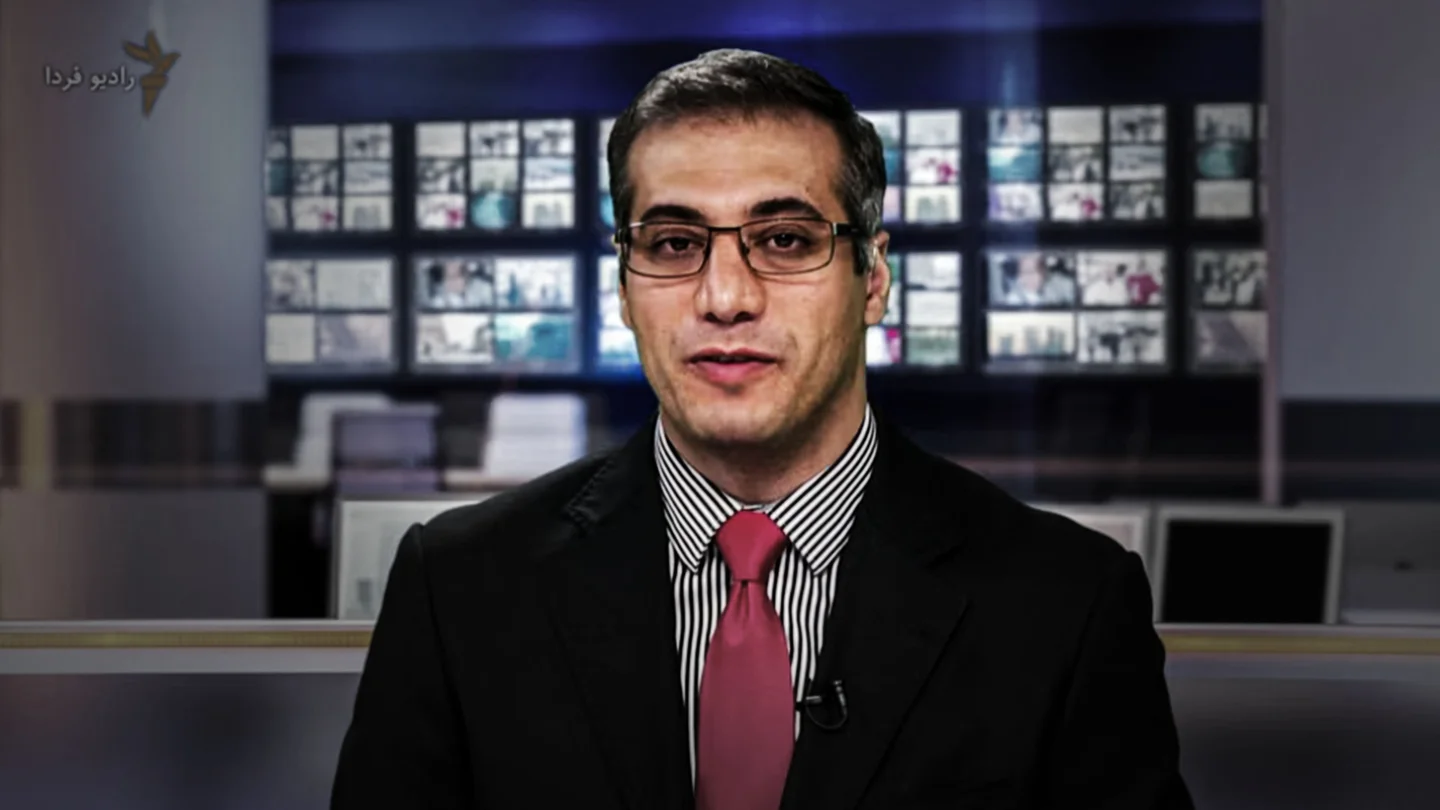
Albanian Cadastral Agency Responds to Assault on Journalist and Cameraman
September 5, 2025
Middle East Eye Honors Wael al-Dahdouh for Courage and Commitment
September 5, 2025September 05, 2025 – Brazil/USA –
Veteran journalist Jackson Rangel, 62, endured 368 days in detention—ordered by Supreme Federal Court (STF) Minister Alexandre de Moraes—after making social media posts critical of the Court’s growing reach over Brazil’s democratic institutions. Despite no formal criminal charges ever being filed, Rangel was accused of “spreading fake news detrimental to the Democratic Rule of Law” and was only released provisionally on December 20, 2023, after being arrested on December 15, 2022.
His prolonged preventive detention drew international condemnation. On July 30, the U.S. Treasury cited Rangel’s incarceration as an example to justify imposing Magnitsky sanctions on Minister Moraes. In a rare rebuke, the Treasury stated: “Moraes arbitrarily detained a journalist for over a year in retaliation for exercising freedom of expression,” highlighting how protected speech was treated as a criminal act.
Though released, Rangel remains under stringent legal restrictions. He wears an electronic ankle monitor and is barred from leaving his city—Cachoeiro de Itapemirim (ES)—or leaving home at night or during weekends. His ability to work as a journalist is severely hindered.
Rangel’s defense emphasized that Federal Police concluded there was no evidence or incriminatory support for any crime, even after a six-year data seizure—possibly “the largest in STF history.” They noted that procedural norms were breached, violating the principles of due process, due presumption of innocence, and proportionality.
Legal experts were alarmed. Lawyer and commentator Fabiana Barroso called it “the most shocking case of wrongful detention” she has seen, and digital law specialist Emerson Grigolette noted that penalizing journalists for exercising their profession resembles authoritarian rule—unacceptable in a democracy.
Rangel, who has worked independently for 42 years, laments that arresting journalists for unpopular reporting reflects a dire regression—“something not seen since the dictatorship.” His case starkly illustrates how fragile press freedom can become, even in democratic systems where legal checks are supposed to protect journalists, not criminalize them.
Reference –




